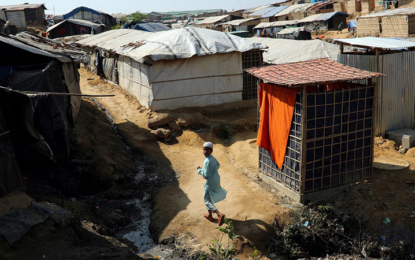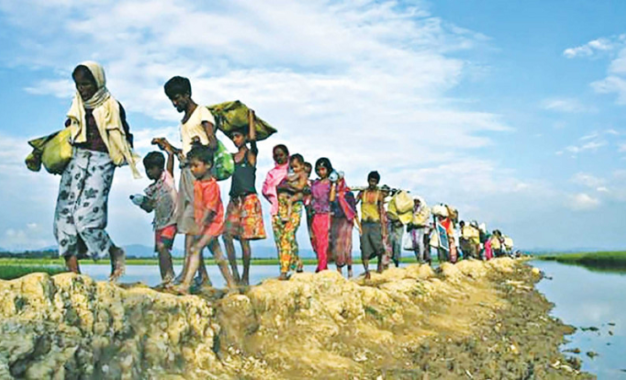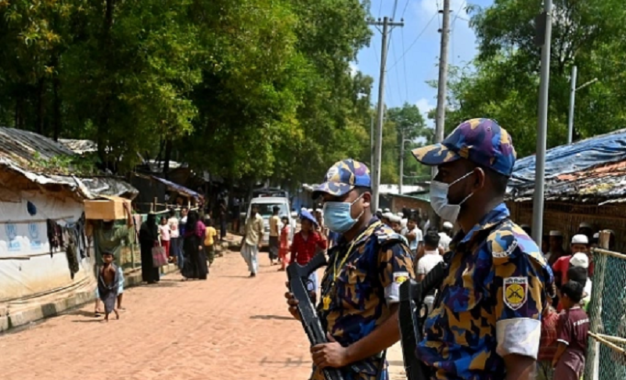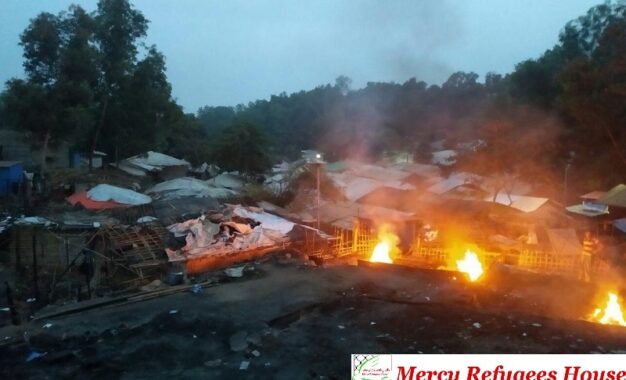Latest News
Inside The Rohingya Refugee Camps: Circumstances beckon prudence and vision
Bangladesh, Help Refugees, Human Rights, Refugees Issues, Religious Rights
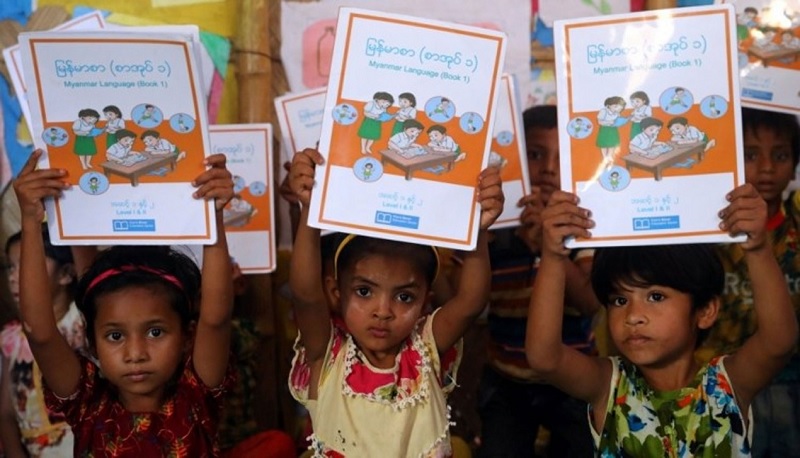
From an unprecedented shutdown of activities due to the Covid-19 pandemic, the country is gradually moving to a new normal situation. Although the spectre of the second wave of the contagion looms large, road, rail and air communications are being resumed, shopping outlets are beginning to see customers, mills and factories are slowly resuming production and construction sites are steadily getting active as internal migrants desperate for jobs flock to the urban centres. Many services that were suspended due to the outbreak of the pandemic are gradually being restored.
Like the rest of the country, life in the Cox’s Bazar-Ukhiya-Teknaf region has also begun to pulsate. The huge success of the local administration in enforcing a total shutdown, restricting humanitarian responses to critical activities and barring the movement of people and vehicles, have yielded handsome results. It slowed the spread of the virus and provided opportunities to shore up required public healthcare facilities, including establishing isolation and treatment centres for both Rohingya refugees and the locals.
ALSO READ THIS: WHO DRAWS ATTENTION TO ROHINGYA MENTAL HEALTH ISSUES
There is little room for complacency. The congested nature of the dwellings in camps has made it virtually impossible for the refugees to maintain social distancing. There is general reticence to use protective gear. The idea that only divine intervention can cure the disease is pervasive.
The negative perception associated with the virus contributes to a general reluctance to visit clinics for test or treatment, particularly for fever and other Covid-19 like symptoms. Even those suffering from non-Covid-19 symptoms, as a result of other illnesses, avoid visiting clinics for fear of being stigmatised. The situation becomes more complex with brewing discontent and tension among the host community that refugees will spread the virus. Disease epidemics have historically been used to create divisions between groups of people and to assign blame.
Amazon Sponsorship
Recent Posts
Jul 29, 2023
It has been close to six years since hundreds of thousands of Rohingya faced a deadly genocide by Myanmar’s military and fled the country in search of protection and refuge in neighbouring Bangladesh. The Rohingya population has been undergoing persecution, discrimination, arbitrary arrests, and atrocities in Myanmar for over seven decades. Their condition is alarmingly […]


